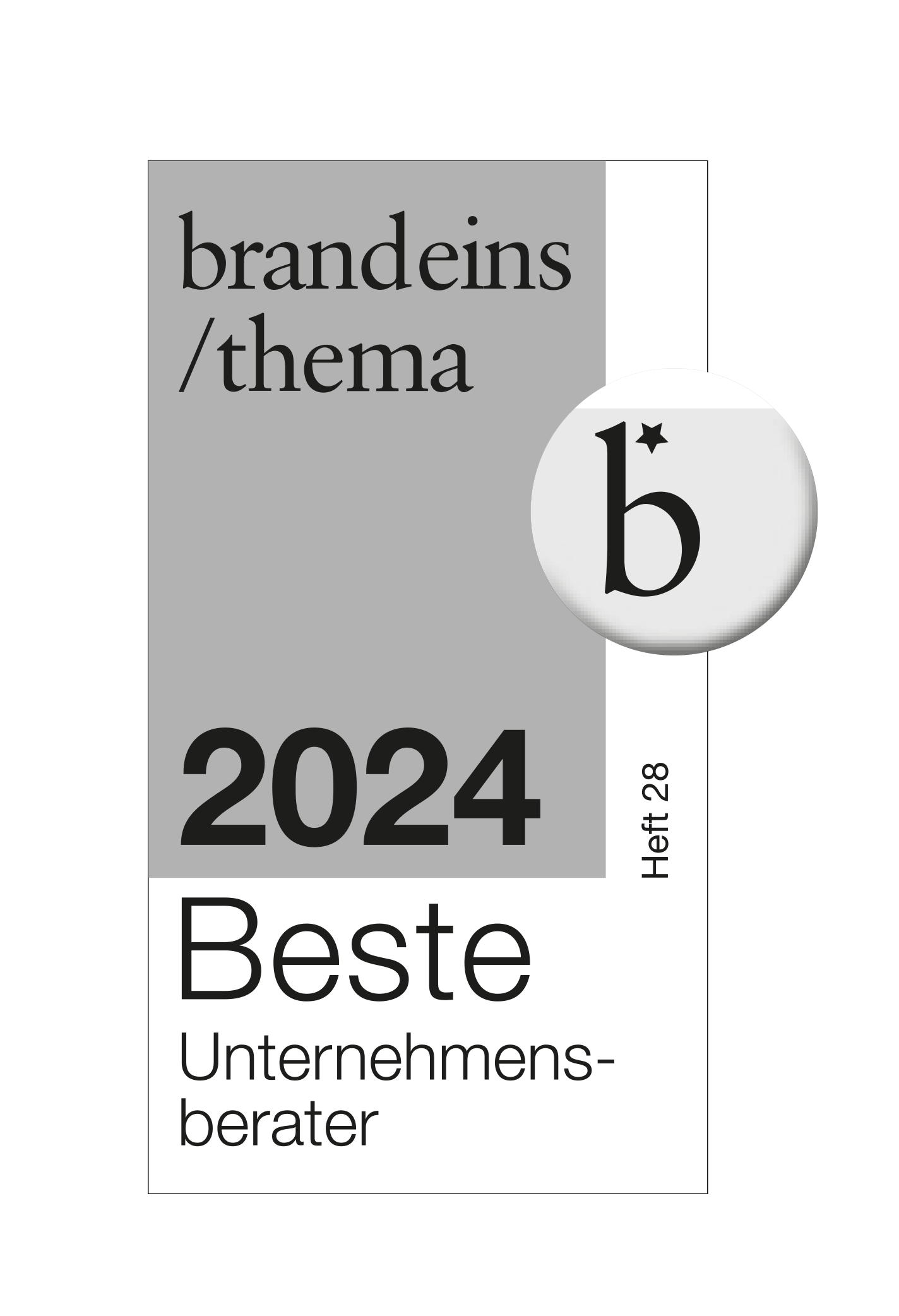New study by Lünendonk and msg
Into the digital future with S/4HANA
Status, goals and trends of S/4HANA implementation
in the German-speaking market
The year 2027 is an important date for SAP customers: that is when SAP will cease maintenance of its previous ERP products SAP ECC and SAP R/3. As a result, the lead ERP software provider is having its sales force actively encourage customers to purchase its successor product S/4HANA – a strategy that has provoked very different reactions in the market.
So it is no wonder that the issue is keeping busy SAP customers and the consulting and IT service provision market alike, with both customers and service providers preparing for the upcoming projects. At the moment, most companies who are customers are conducting corresponding preliminary studies and developing strategies in preparation for the rollout.
In doing so, companies must clarify a few key questions:
- On the cloud or still on-premise?
- Technical migration or redesign business processes for the S/4HANA standard?
- Brownfield, Greenfield or a mix of the two implementation approaches?
- Is the goal simply to ensure maintenance for the ERP system or do they want to take a step in the direction of digital transformation?
These questions were the focus of the present Lünendonk® study “Into the digital future with S/4HANA – Status, goals and trends of S/4HANA implementation in the German-speaking market”. CIOs, CFOs and others in charge of SAP from 153 major mid-sized companies, as well as corporations, were interviewed over the phone and in person for the study.
Further content of the study:
- People and functions involved in the operative and strategic planning
- Budgets for the ERP conversion
- Expected potential and hurdles as a result of the conversion to S/4HANA
- Requirements for IT service providers
- Impact of the conversion on the process landscape and license metrics
Get in touch

Andreas Fisch
Global Alliance Director
+49 160 36 85 403
andreas.fisch@msg-global.com
The following provides an initial look at the key findings:
Time is running out
Major companies and corporations are slower to address the S/4HANA transformation than mid-sized companies. Even though 2025 is closer than we think, some companies are still waiting to transition. At the moment, 52 percent of the companies interviewed are still in the business case creation phase. Consequently, a project “traffic jam” can be expected fairly soon, and certainly no later than by 2022.
Whether the Brownfield or Greenfield approach:
the goal is still a central system
Three quarters of the companies want a central system for company-wide use. In this case, there is a slight preference for the Brownfield approach, as it allows continued use of existing processes and structures. However, that is the current status of their planning. From Lünendonk’s point of view, though, many companies may actually go with the Greenfield approach as their planning progresses, since the Brownfield could prove too complex as a result of obsolete processes and IT legacy.
On-premise or cloud?
On-premise and a private cloud are the most commonly used delivery models. Nonetheless, Microsoft Azure and AWS constitute important partners for the IT infrastructure. The SAP Cloud still does not play a major role in the plans of most of the study participants. Yet, as their roadmaps evolve and become more concrete, a change could be seen here as well, with study participants shifting toward the SAP Cloud since the use of pre-configured processes does reduce the effort involved in the conversion.
Master digitalization requirements and market demands.
One of the top aspirations the participating companies expressed was the hope that the ERP conversion would also help them meet the demands of digitalization and changed market conditions. In addition, the IT decision makers surveyed also expect a higher degree of automation, as well as an acceleration of the processes. Even if topics such as platform economy and IoT are what everyone is talking about right now, the companies are much more concerned with fundamental topics such as a standardized database and higher data quality, which they hope to achieve with the conversion to S/4HANA.
Looking for process know-how and technological know-how!
What companies seem to be lacking most is process know-how for the S/4HANA standard, as well as the competences for a mature IT architecture. In order for IT services providers to even come into question as a partner for the ERP transformation, companies expect them to have sound technological know-how, reference projects and a knowledge of the features unique to their industry or company.

